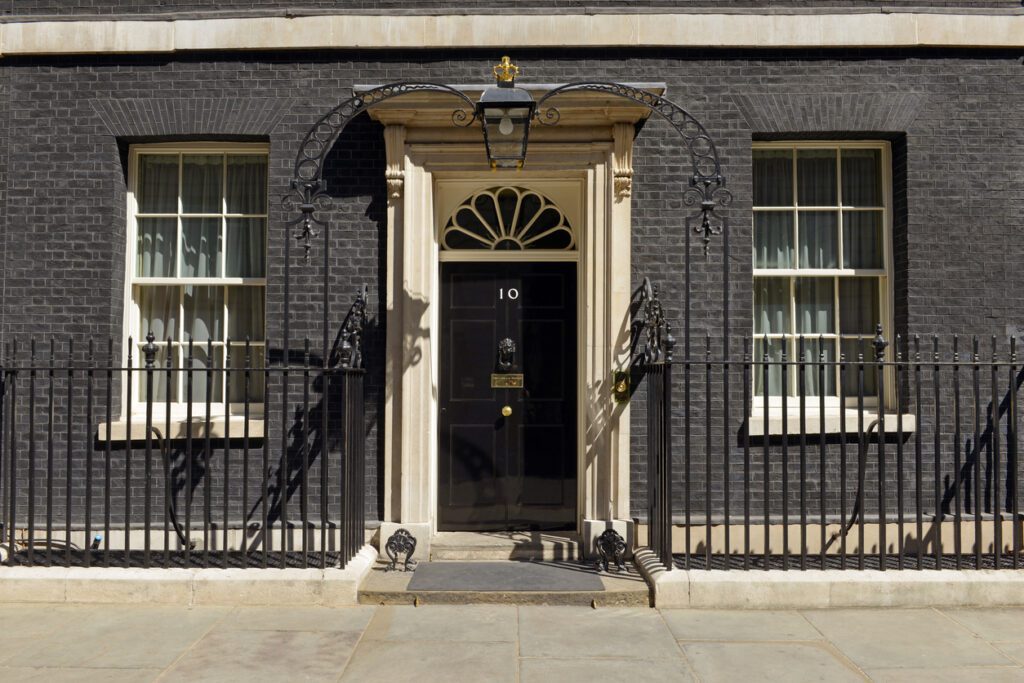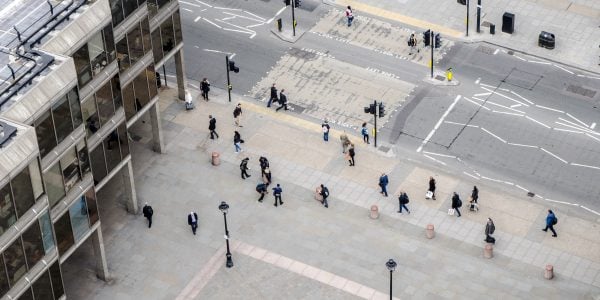Our Welfare Director Mark Franks looks at key themes arising from the annual reality check produced by the Institute for Fiscal Studies (IFS) on the government’s handling of the nation’s finances.
The past decade has seen volatile financial and political events, global uncertainty, the advancing climate emergency and war in Europe. All of these, and more, contribute to the complex geopolitical, economic and social environment in which the government operates and makes its financial decisions.
Why we fund the Green Budget
The Green Budget’s meticulous analysis contributes to informing the public discourse by providing transparent, evidence-based reporting on the fiscal challenges facing the country.
It was particularly significant in 2022 when Liz Truss’s government declined the offer by the Office for Budget Responsibility to scrutinise the costs of her Chancellor’s new measures. Into the void stepped the Green Budget, providing independent analysis of Kwasi Kwarteng’s announcements, including a £45bn package of unfunded tax cuts.
What can we learn from the 2023 Green Budget?
Overall, it’s not good news. As the political parties start to move onto an election footing, the main findings show there is little room for manoeuvre to either cut taxes or raise public spending. The UK economy remains squeezed between high demand for public services, continued high inflation and increasingly high debt interest payments.

This year’s Green Budget shows that people in the UK already face a very high tax burden, by historical standards. Furthermore, the population is growing and, crucially, getting older. The number of people aged 85 or over is due to double in the next 20 years. This is why, as shown by the Green Budget, the recently published NHS workforce plan implies an additional demand for spending of £50bn per year, 15 years from now. That is more than the total cost of building the recently scrapped HS2 extension to Manchester every year.
If the NHS is to continue to provide universal healthcare, free at the point of delivery, huge amounts of additional funding will need to be found from somewhere. This will inevitably involve tough policy trade-offs, for those in charge of the country’s purse strings.

Addressing fiscal dilemmas
Commentators and politicians will highlight the importance of improving the UK’s poor economic performance. It is right to focus on addressing the UK’s low investment, poor productivity performance and sluggish economic growth. However, experience tells us that, especially since the Global Financial Crisis in 2008, this has been extremely hard to do. Improvements to the public finances from faster economic growth should not be assumed before they have been achieved.
Ultimately, how future governments will attempt to improve the state of the public finances in the long term is a political choice. However, improving the efficiency of the existing tax system and effectiveness of current public spending would help. The Green Budget sets out some credible options for doing that, including on driving-related tax, inheritance tax, corporation tax, the welfare cap and the apprenticeship system.
By setting out robust analysis and evidence-based policy choices, this volume adds to a hugely comprehensive collection of analysis and knowledge published in Green Budget reports over the years.
It makes essential reading for anyone seeking to better understand the state of our economy and public spending. But it is also useful for politicians of every hue who are working out how to balance the competing demands of electoral success with making tough choices that are palatable to the electorate, and public service spending needs.






















































